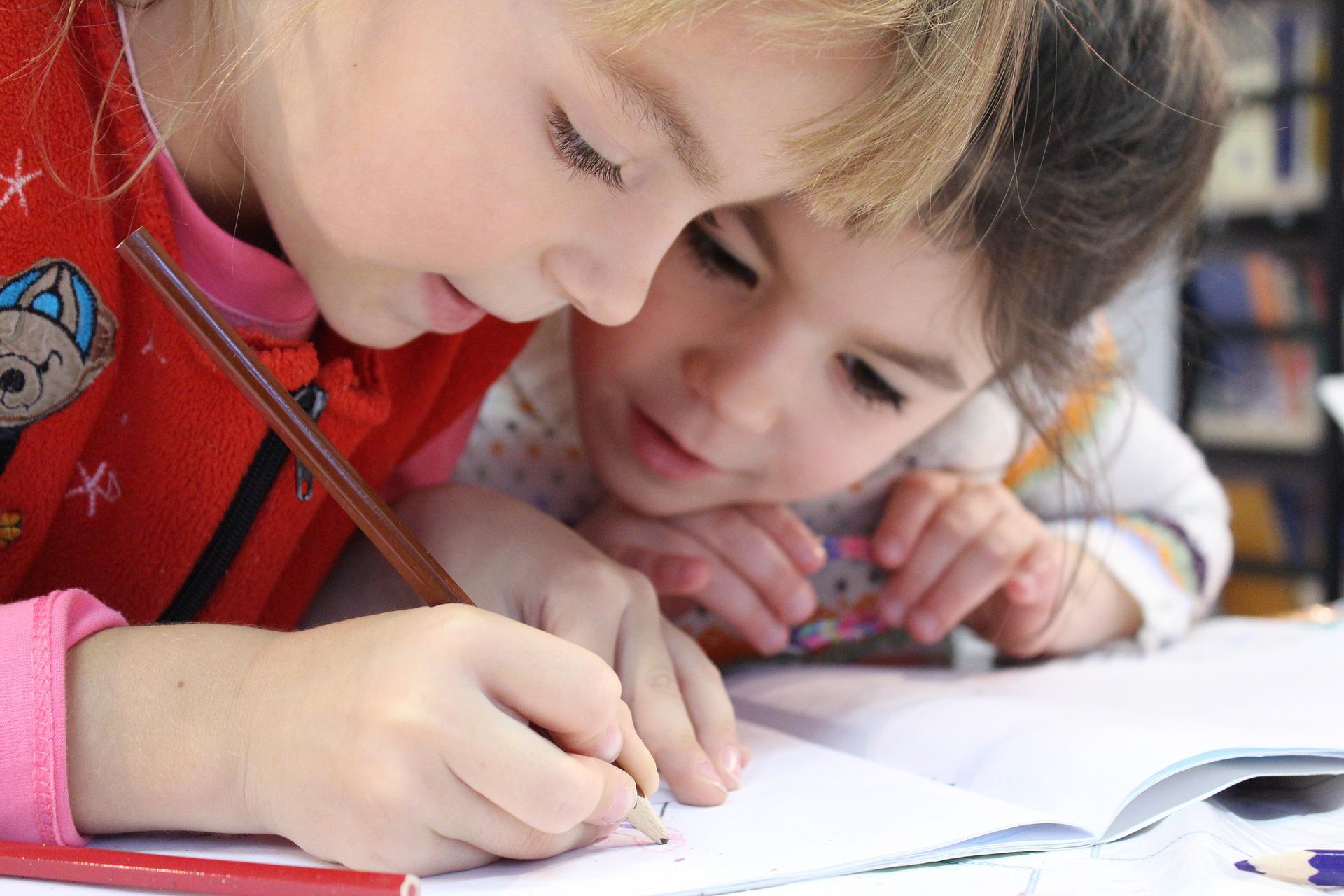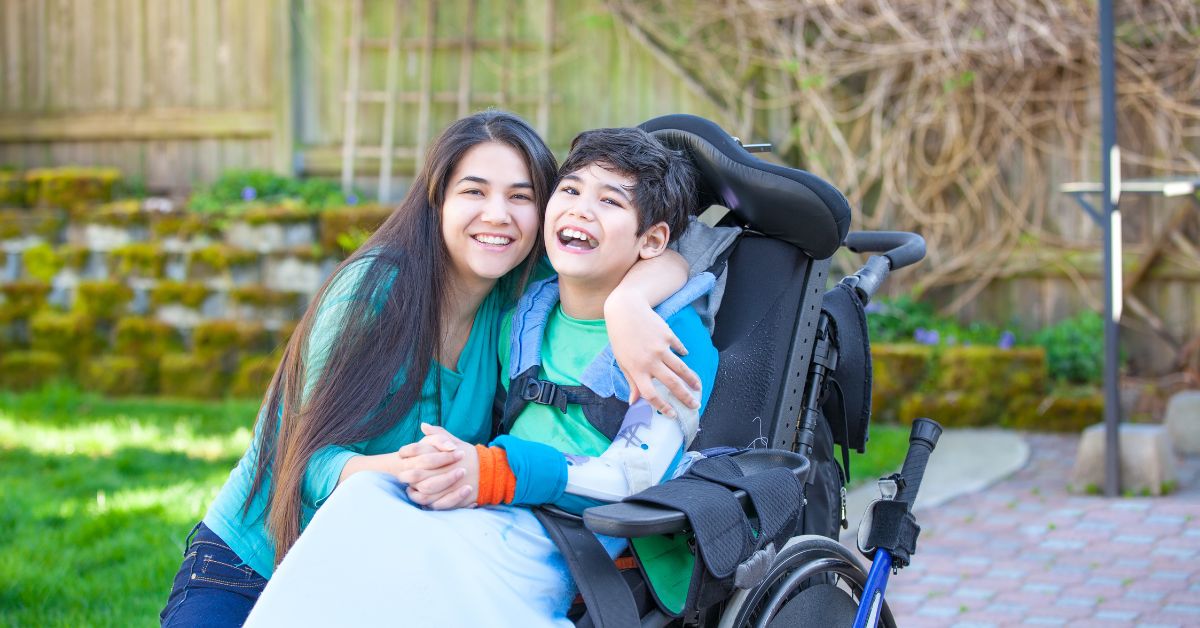Start the School Year Right

As summer draws to a close and schools prepare to open for the new year, our kids are embarking on a new school year adventure. A part of us is even looking forward (okay, sort of) to being stretched by forgotten lunches, overdue science fair projects, hurried parent-teacher conferences, and “Can-Veronica-come-over-after-school?” requests.
At the same time, we know deep down that making sure our children receive a quality educational experience can be a daunting task. This can be true even when we do our best to stay informed about what our children will learn in school this year, review homework and proposed IEPs or 504 plans, and otherwise make sure everyone is set up for a successful school year. It can be exhausting and confusing, and we wonder if there is an easier way to manage it all.
Browse through the following back-to-school reminders for some key strategies to help you and your child successfully navigate another busy year.
Pay attention to your school’s COVID policies
Check your school website and other communication channels to stay up to date with the COVID policies and practices your child’s school is following. Policies are likely to vary from pre-school to elementary to middle and high schools. Pay special attention if COVID is surging in your area.
Your school district’s policies may include the following COVID prevention strategies for both classroom and after-school sports and activities:
- Vaccination
- Mask wearing
- Physical distancing
- Testing
- Quarantine and isolation policies
- Notification of potential exposure
Provide routines and structure
Children thrive when predictability is, well predictable!
Consider adding some structure, such as:
- Consistent time and quiet space to do homework
- Same bedtime on school nights
- Use of a graphic organizer for writing assignments
- Checklists for important routines, such as a morning checklist or bedtime checklist
- Clearly marked calendar
- Clocks and timers
These can all help reduce anxiety and confusion and promote organization and focus. At the same time, it’s essential to recognize the importance of unstructured time in our children’s lives; and some kids need it more than others.
Bottom line: You know your child best, so do a “gut check” and consult with your child to strike the right balance between structured after-school activities and hang-out-in-the-backyard/flop-on-the-couch downtime to combat the high stress that is part and parcel of many children’s school experiences.
Build a relationship with your child’s teacher and school
Arguably, the single most important determinant of whether your child has a happy, productive year is the relationship they have with the teacher. Building and maintaining a strong relationship with your child’s teacher(s) can only help.
Find out the best way to communicate with the teacher or team about your child and any concerns you have. At the same time, be sure to offer praise or encouragement when it is warranted. When you toss in a comment like, “Will is really enjoying having you as a teacher,” Will’s teacher will likely be more open to other feedback such as, “I just wanted you to know that Will spent 60 minutes on last night’s homework assignment. Can we talk about homework expectations for him?”
Help your child develop both skills and habits
Many times, we get frustrated because we know our children have the skills to accomplish things (such as cleaning their rooms, mowing the lawn, writing a book report, saying please and thank you, and packing their backpacks).
What they lack, however, is the habit of implementing what they know. Supporting the development of strong habits to go with their skills is key. It takes persistence, consistency, and patience. One of the best ways to support the development of new habits is to “catch” your child doing it right with remarks like, “Wow, Kayla, I love the way you organized your crayons!” or “I noticed that you hung up your coat without my asking tonight, Simon. Good job!”
Another great way is to use a visual schedule or checklist. For example, if the bedtime routine is a struggle, consider hanging a Bedtime Checklist by the bathroom mirror with a list of three to five important activities on it. Slip the sheet into a plastic sleeve, keep a dry-erase marker handy, and your child can check off each task as it is completed nightly. Then, just wipe it off and it’s ready for next time!
Support your child’s participation in school life
Your child’s school experience goes far beyond their academic learning. School is the proving ground for lots of other learning experiences, too. At school, kids practice social skills are practiced; build, break, and remake friendships; win and lose games and competitions.
Some kids have no trouble navigating life outside the classroom; others need guidance. If your child falls into the latter category, help them find out about activities (chess club? soccer league? chorus?) where they can pursue interests and talents. Shared interests are the foundation for friendships. If your child has a disability, understand how it affects social interactions.
Finally, get to know and get together with other parents whose children have similar interests or who might be having similar struggles. Remember, one good friend is worth a hundred acquaintances.
Tips:
- Get to know other parents whose children might be having similar struggles.
- Build downtime into your child’s schedule to balance their structured activities.
- Learn and use your child’s teacher’s preferred mode of communication — the phone? email? text?



